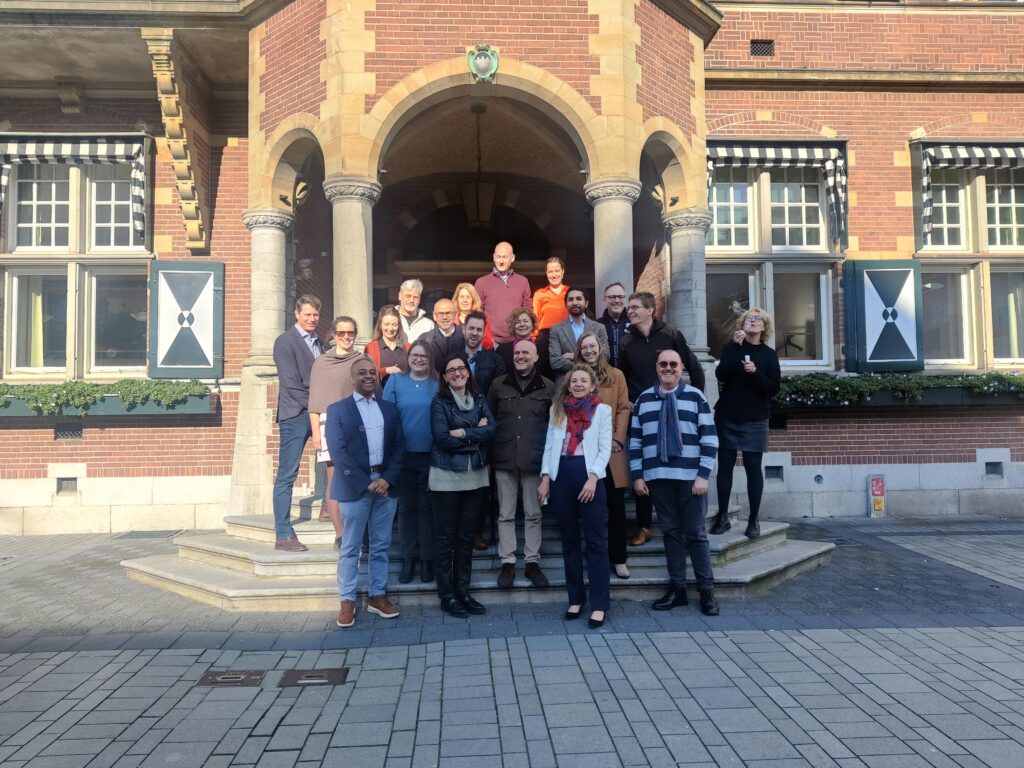The problem: While the need for integrating palliative care (PC) services into heart failure (HF) care has been well recognised, as of yet this integration has been slow to develop, especially when compared to cancer care. Currently, only 5-7% of patients with HF utilise PC services, due to a focus on optimising therapy and an unpredictable disease trajectory, with exacerbations hampering prognosis. As a result, many symptoms and concerns that are not directly related to HF management are not recognised and undertreated and patients are often referred to PC services only at the very end of their lives.
Our solution: The RAPHAEL consortium sets out to take the next big step in integrating PC into HF care by integrating the RAPHAEL palliative care approach in existing HF care pathways. This flexible and patient centred approach starts with the identification of multidimensional symptoms and concerns, prioritising needs with patient and informal carer and formulating a proactive care plan.

Project management and coordination
Gaining insight into the HF care pathways & symptoms and concerns of patients with HF and their informal carers
Refine intervention and infrastructure
Feasibility Testting
Evaluation Study
Implementation strategies and effects
Ethics, diversity and inclusiveness
Conmmunication, dissemination and exploitation

Funded by the European Union (grant no. 101137170) the Swiss State Secretariat for Education, Research and Innovation (SERI) under contract number SBFI No.23.00615 and UK Research and Innovation (UKRI) under the UK government’s Horizon Europe funding guarantee [grant number 101137170]. Views and opinions expressed are however those of the author(s) only and do not necessarily reflect those of the European Union or the European Health and Digital Executive Agency (HADEA). Neither the European Union nor the granting authorities can be held responsible for them.
This Website is managed by EAPC| Copyright © 2024 RAPHAEL
This website uses cookies so that we can provide you with the best user experience possible. Cookie information is stored in your browser and performs functions such as recognising you when you return to our website and helping our team to understand which sections of the website you find most interesting and useful.
Strictly Necessary Cookie should be enabled at all times so that we can save your preferences for cookie settings.
If you disable this cookie, we will not be able to save your preferences. This means that every time you visit this website you will need to enable or disable cookies again.